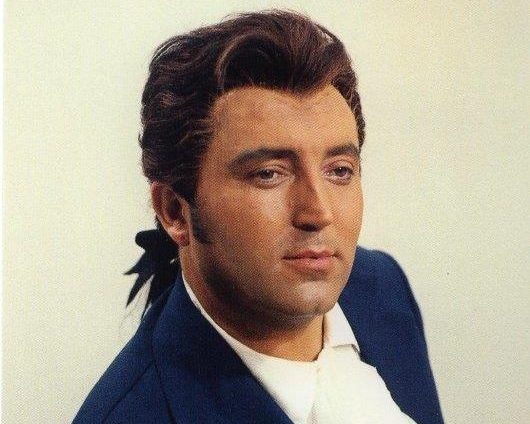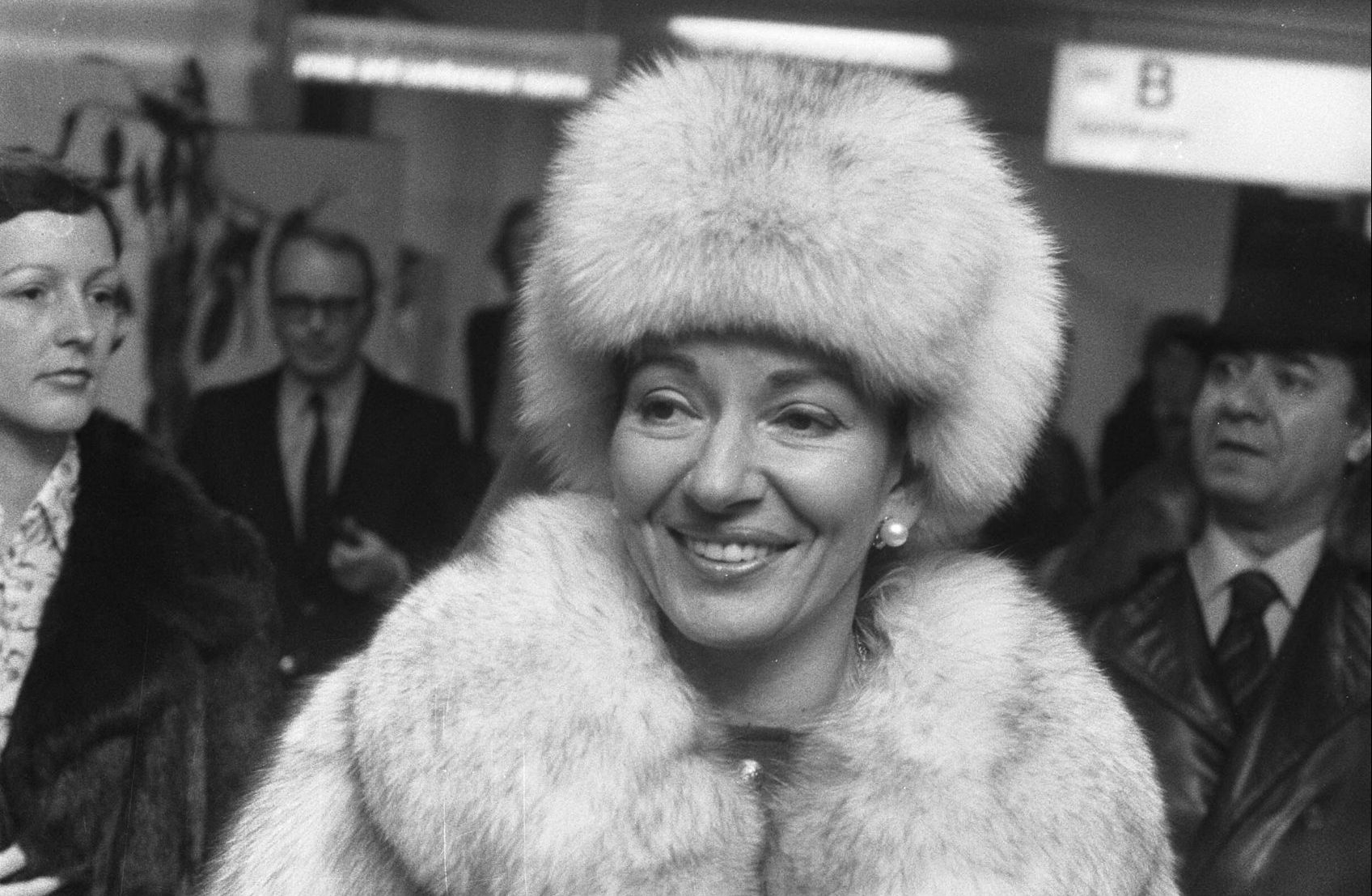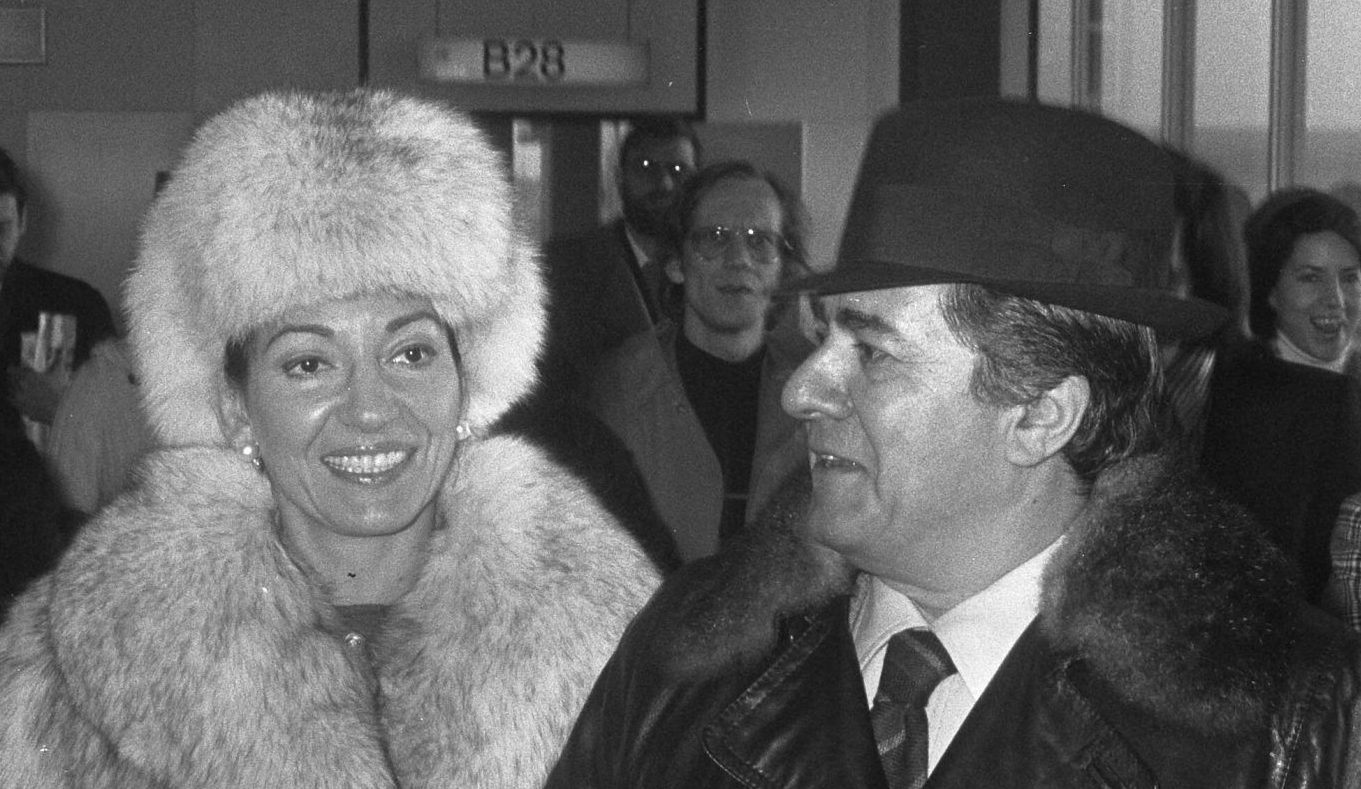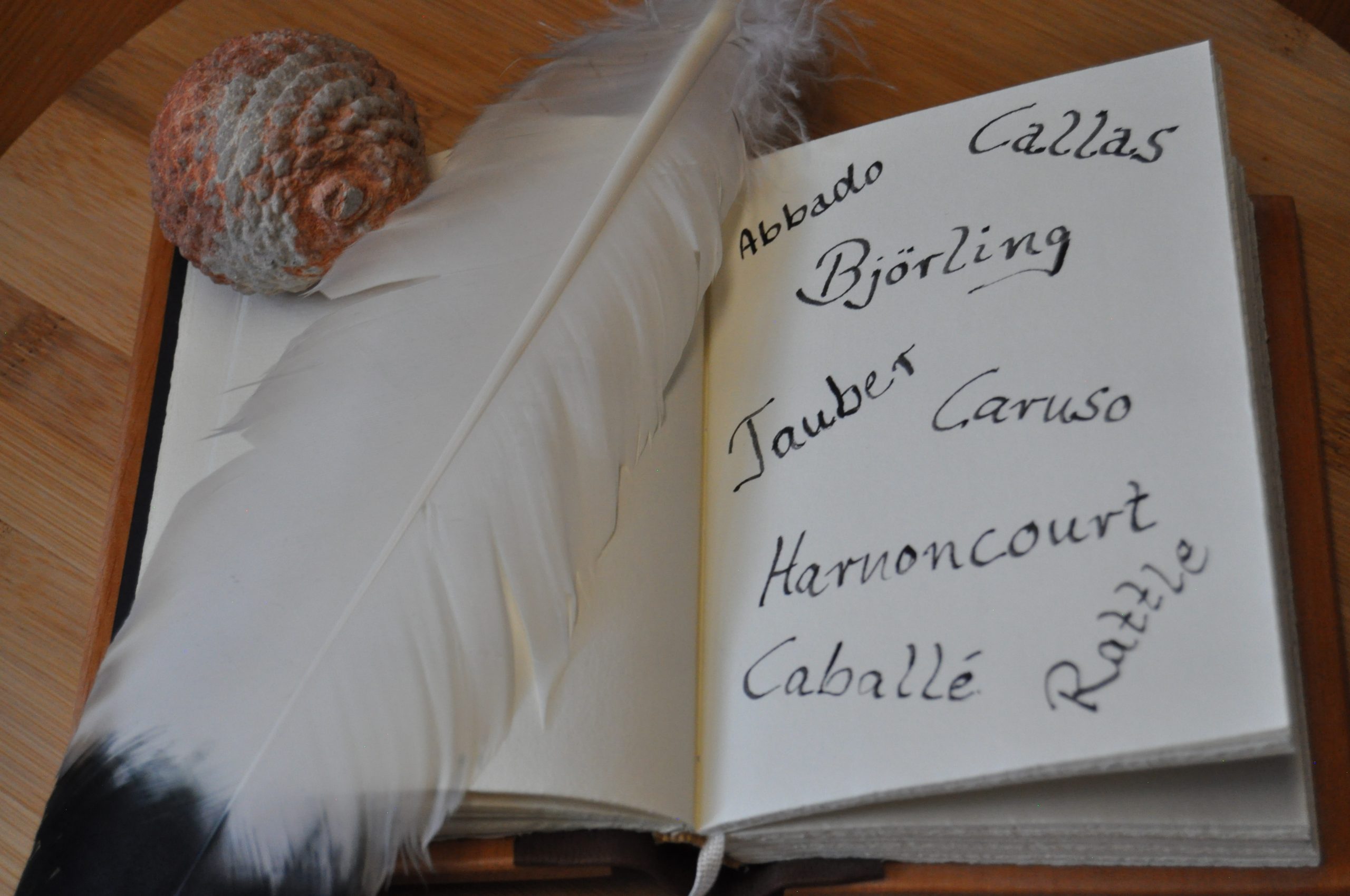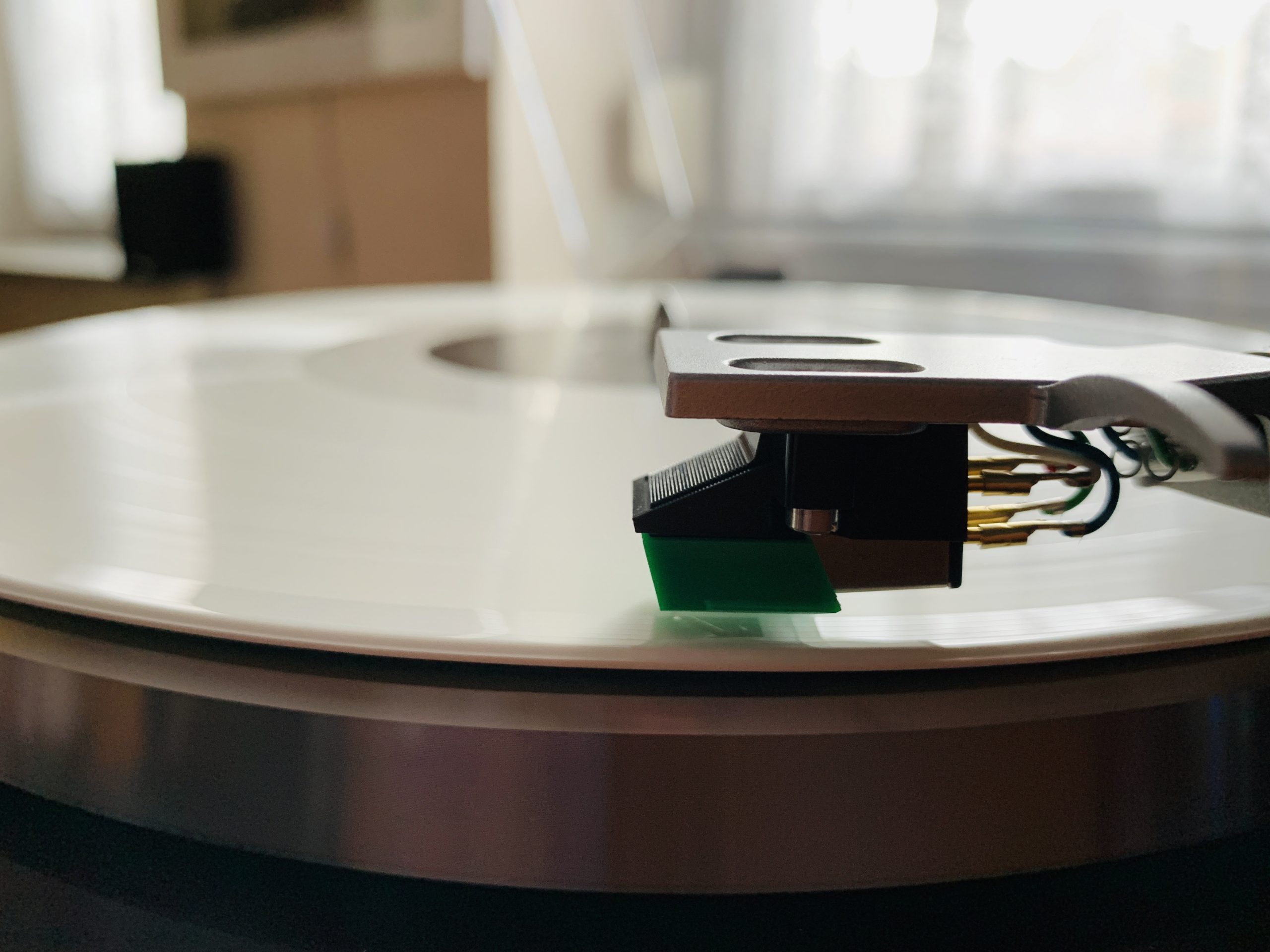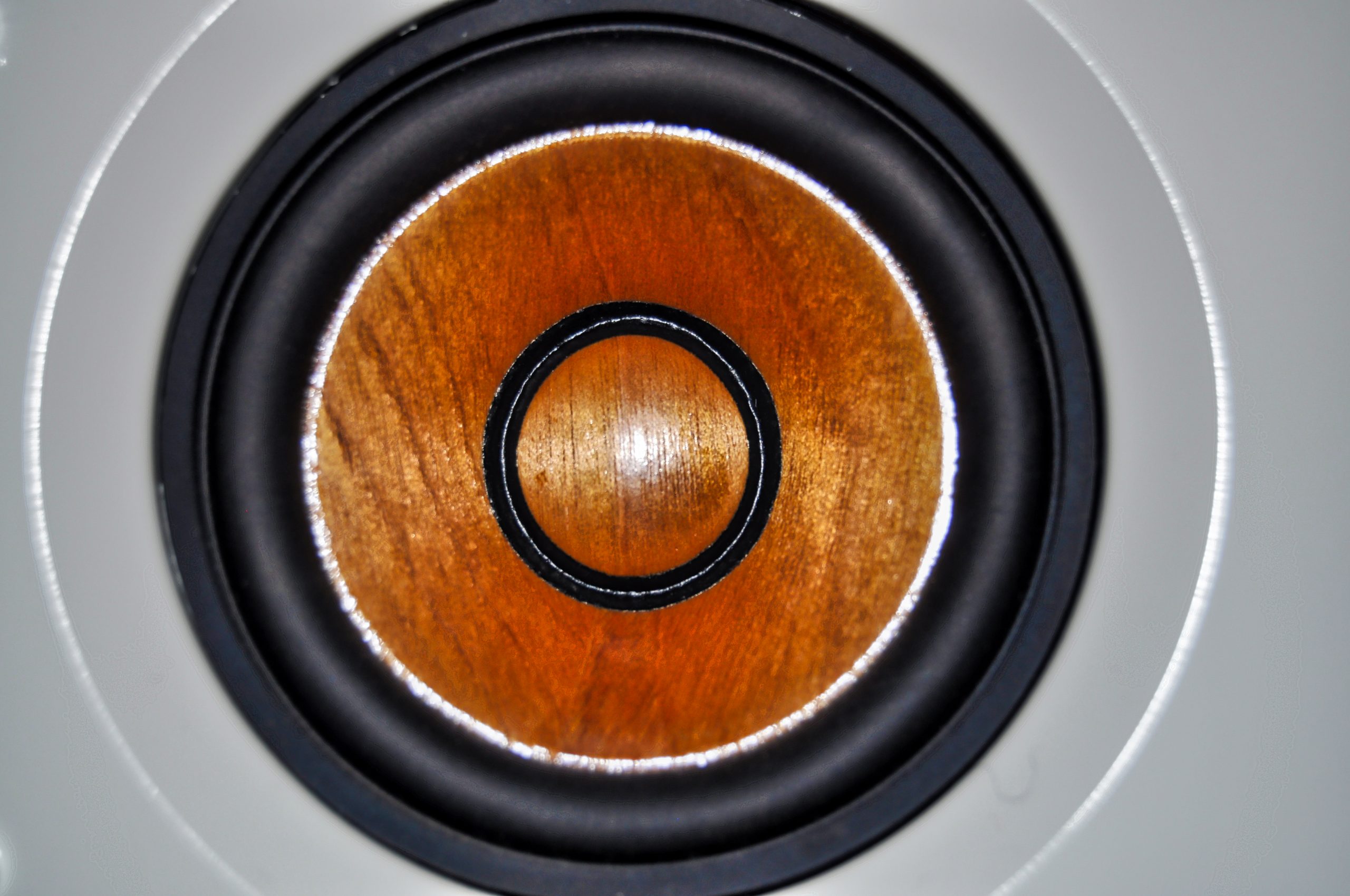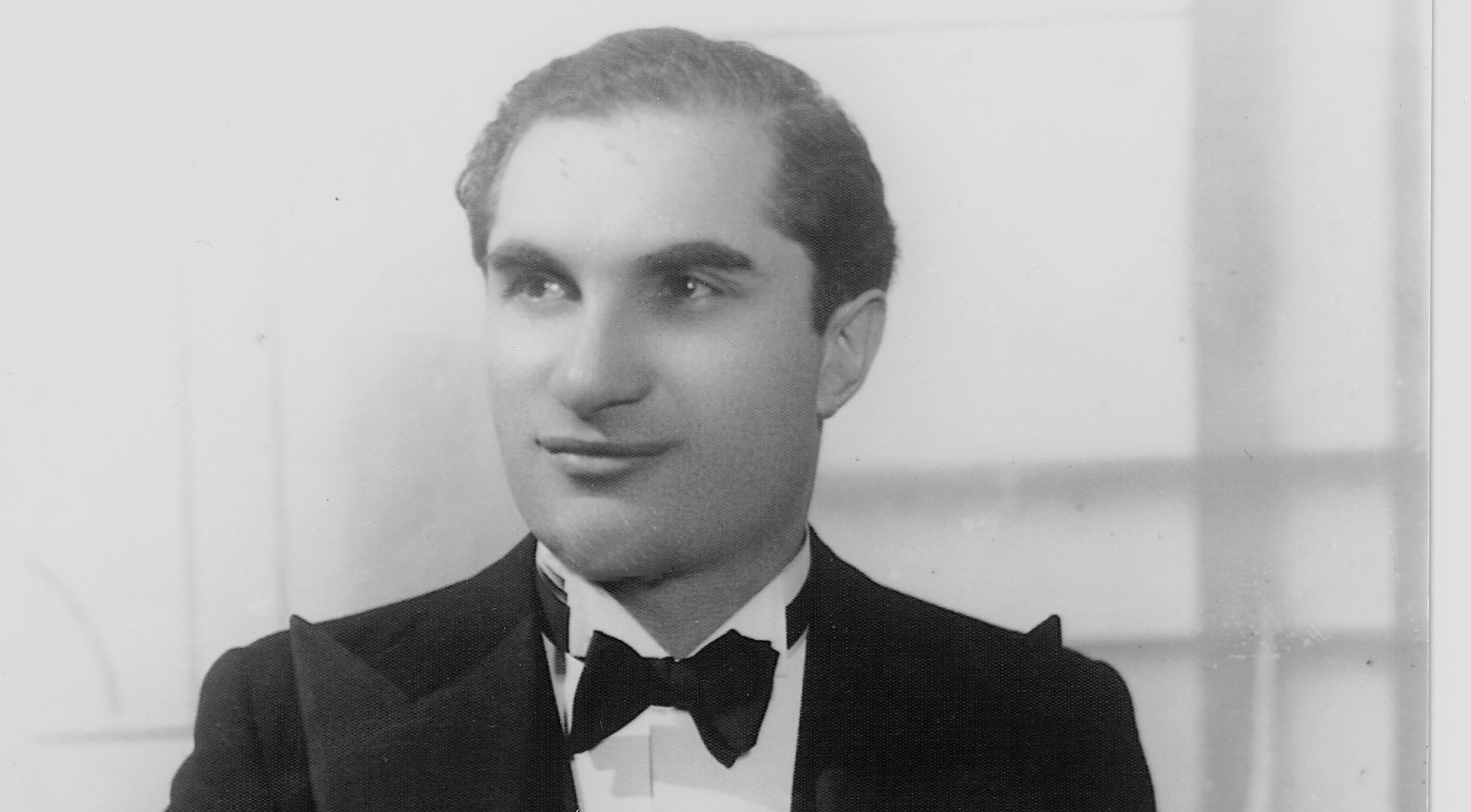The name Enrico Caruso is synonymous with the art of opera: telling an opera singer that he “sounds like Caruso” is probably the greatest compliment that can be paid to an opera singer. Although Enrico Caruso died over a hundred years ago, he still enjoys unbroken legendary status today – it is difficult to say what Enrico Caruso’s voice might have sounded like on an opera stage. Although a few recordings of Caruso’s work have survived, it is difficult to determine from these recordings what Caruso’s voice was really like.
Early in his life, Enrico’s mother Anna Caruso worked to ensure that her son developed his musical talent: although Caruso’s mother died when he was just fifteen years old, Caruso’s mother may be considered the true discoverer of the unique tenor’s voice. The fact that Caruso was able to take off in the world of music at all is due not only to his mother, but also to his brother Giovanni: Giovanni Caruso served a much longer military service in place of his brother Enrico, so that Enrico could be released after 45 days of military service and given the opportunity to pursue his career.
Vocal training and setback
Without this family support, no one would probably remember the name Enrico Caruso today: nevertheless, a summer day in 1891, when Caruso performed Neapolitan songs in a café, was probably decisive for the course of his life. On that day, the baritone Eduardo Missiano was sitting in the very café where Caruso was performing songs and was impressed by Caruso’s voice. Missiano introduced the 18-year-old singing talent to the music teacher Guglielmo Vergine, who took over the young Enrico Caruso’s vocal training from then on. Vergine also arranged Caruso’s first engagements as an opera singer: but – it’s hard to believe – it was anything but easy for Caruso to gain a foothold in the opera world at first. During a rehearsal for the opera Mignon (Ambroise Thomas) in the fall of 1894, the still inexperienced opera singer’s nerves failed and he did not get an engagement.
But regardless of this, it was generally agreed that Caruso’s voice possessed a unique timbre that did not exist a second time in this form…
Born in Naples, Enrico Caruso was naturally very attached to the region around his Neapolitan home.
Career start in his Neapolitan homeland
Enrico Caruso began his career as an opera singer in the Italian province of Caserta: at the Teatro Cimarosa, the young tenor familiarized himself with the conventions of the Italian opera business and gained his first acting experience. This experience was invaluable and would prevent Caruso from losing his nerve during rehearsals in the future – Gaetano Donizetti’s opera Lucia di Lammermoor became one of the most important operas in the young opera singer’s repertoire during this time. The skills required of an opera singer include not only enormous vocal talent, but also the ability to learn new roles extremely quickly. Between 1895 and 1898, Enrico Caruso established a reputation as a sought-after and accomplished opera tenor in Campania and southern Italy: Born in Naples, Enrico Caruso was naturally very attached to the region around his Neapolitan home. Enrico Caruso’s first name was actually Errico – a typical Neapolitan name. When it became clear to the young singer at the turn of the century that he would also enjoy success outside his Neapolitan homeland in the future, he abandoned the Neapolitan spelling of his name and henceforth used Enrico as his first name.
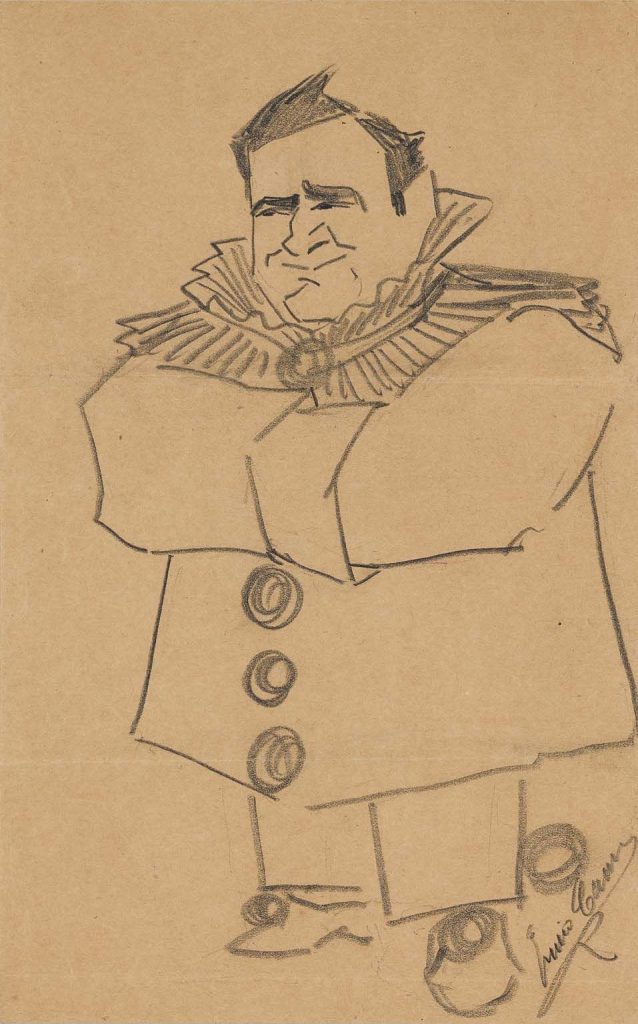
Picture credit: Public Domain / via Wikimedia Commons
“Primo tenore”
If one looks at Enrico Caruso’s career, one thing stands out: He was cast in major leading roles in operas from the very beginning. Caruso did not follow the typical path of an opera singer, which often leads from small roles via supporting roles to the leading role. From the very beginning, the opera singer was regarded and recognized as a kind of “primo tenore” (Seedorf 2022, p. 25) – analogous to the “prima donna”.
Enrico Caruso embarked on his first foreign engagement shortly before the turn of the century: In January and February 1899, the opera singer made a guest appearance in St. Petersburg – where Italian operas were performed very frequently at the time. Caruso was also in great demand in South America – the young tenor was well on the way to launching a career as an internationally sought-after opera singer. Within a period of just under five years, Caruso had acquired a repertoire of around 40 roles – an impressive achievement. New operas were also constantly being added.
At Christmas 1900, Enrico Caruso made his debut at Milan’s legendary Teatro alla Scala in the role of Rodolfo from La Bohème (Puccini): Enrico Caruso was very well received by La Scala audiences, who were considered highly critical. Caruso’s debut at La Scala ultimately propelled him to the top of the Italian opera scene and laid the foundations for his international breakthrough.
The tenor Enrico Caruso was therefore a pioneer of opera singing on record.
“Napoleon of the gramophone”
With the invention of the gramophone and – later – the invention of the record, there were ways of “preserving” opera singing and making it accessible outside the opera house. Enrico Caruso was one of the first opera singers to be given the special honor of immortalizing his voice on record: Although clear musical inconsistencies can be heard on Caruso’s first recordings according to musicologist Thomas Seedorf (subsequent corrections or new recordings were hardly possible), these records sold brilliantly. Even better: when the news spread that there were now recordings with Enrico Caruso, the sales figures for the gramophone, which had just been launched on the market, also increased significantly. The tenor Enrico Caruso was therefore a pioneer of opera singing on record.
It can be assumed that Enrico Caruso would only enjoy a fraction of his current fame – if any at all – if he had not gone down in music history as the “Napoleon of the gramophone”.
Duca di Mantova – signature role
From 1903/04, the Metropolitan Opera in New York was the center of Enrico Caruso’s artistic activity: the singer signed a contract with the prestigious opera house, which also included arrangements for engagements that Caruso fulfilled while away from the Met. Then as now, one thing is certain for an opera singer who sings at the Met: he no longer has to worry about lasting success as an opera singer.
In addition, Enrico Caruso was largely able to decide for himself in which operas he appeared – the role of the Duca di Mantova from Verdi’s Rigoletto in particular became one of Enrico Caruso’s signature roles.
After numerous seasons at the Metropolitan Opera, Enrico Caruso assumed in 1914 that he would be able to take up engagements in Europe again: Among other things, a tour of Germany was planned for the fall of 1914. However, this planned tour had to be canceled due to force majeure: With the beginning of the First World War in 1914, all artistic activities in Germany were almost completely suspended. Caruso continued to tour extensively, including South America, which exhausted him both vocally and physically.
Today, the name Enrico Caruso is not only synonymous with an opera tenor, but with music itself: with his legacy, which includes his recordings in particular, Caruso had a lasting influence on the world of opera. His vocal achievements are still remembered today – not least the numerous myths and legends that have developed around his personality help to keep the legendary tenor in memory.
Main source: Seedorf, Thomas: Enrico Caruso – Tenor des Jahrhunderts [Tenor of the Century], 2022 Edition text+kritik
Cover picture: Self-portrait of Enrico Caruso as a caricature. He can be seen in the role of Bajazzo from Leoncavallo’s opera of the same name.
Picture credit: Public Domain / via Wikimedia Commons

 Deutsch
Deutsch